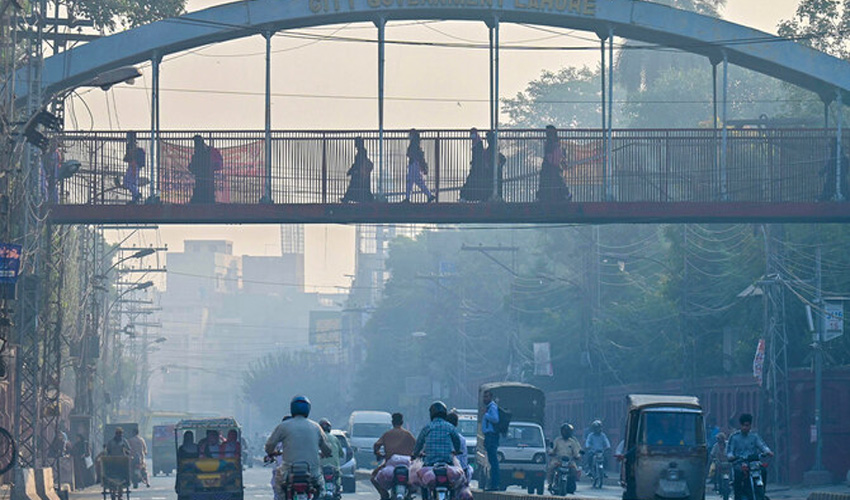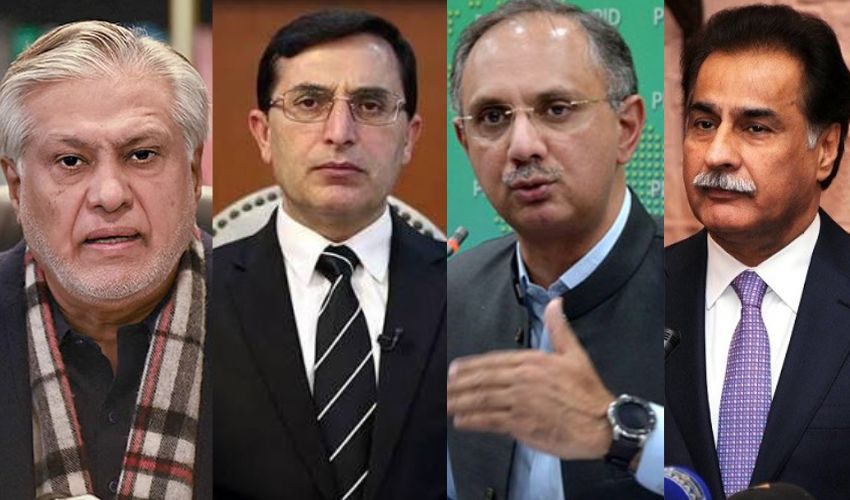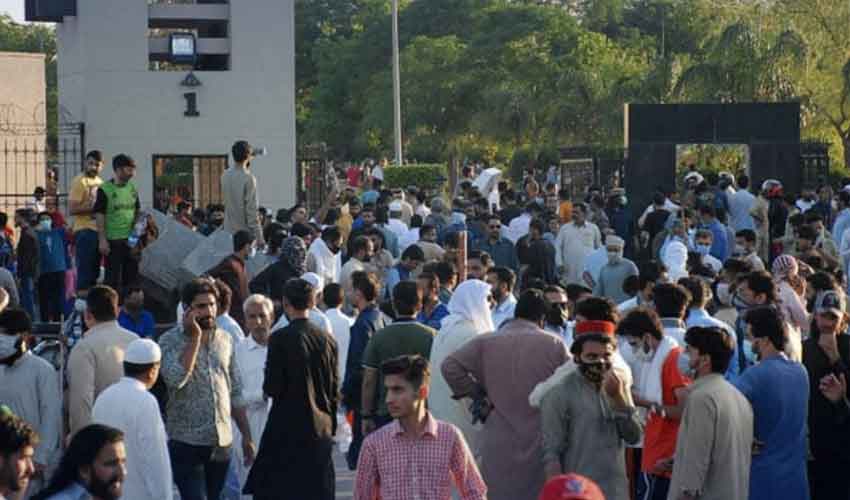Punjab has witnessed a minor improvement in air quality, with Lahore slipping to the second position on the global pollution index.
However, the provincial capital remains heavily affected by smog, with an Air Quality Index (AQI) reading of 294 on Sunday morning. Multan ranked second on the national index with an AQI of 256, followed by Rawalpindi at 188 and Peshawar at 170.
Dense smog continued to affect visibility and travel across the province, leading to the closure of several motorways, including the M2 (Lahore to Kot Momin), M3 (Lahore to Darkhana), M4 (Pindi Bhattian to Multan), and M5 (Multan to Sukkur). The National Highway remained partially blocked in areas like Lahore, Manga Mandi, Pattoki, Renala Khurd, Okara, Sahiwal, Chichawatni, and Mian Channu, disrupting traffic flow.
Crackdown against polluters intensifies
In response to worsening air quality, the Environmental Protection Department (EPD) has intensified its crackdown on smog-related violations. Over the past 24 hours, 49 cases were registered, and 18 individuals were arrested in various districts, including Lahore. Authorities also fined 641 offenders more than Rs 1.2 million and issued 151 warnings.
The violations included nine instances of crop residue burning, 556 cases of smoke-emitting vehicles, three incidents of industrial emissions, and 37 violations by brick kilns.
EPD Secretary Raja Jahangir Anwar reaffirmed the government’s commitment to combating pollution. “We are taking strict action against violators of anti-smog measures, irrespective of their influence. No one will be spared,” he stated.
Health emergency declared
With smog intensifying in Lahore and other parts of Punjab, the provincial government has declared a health emergency in Lahore and Multan, effective until November 24. The authorities aim to curb pollution and mitigate health risks associated with prolonged exposure to smog.
Former health minister Professor Javed Akram warned of the severe long-term impacts of smog. “The current conditions could lead to diseases such as cancer in the future. Immediate action is necessary to protect public health,” he said.
In Rawalpindi, the administration has also ramped up efforts, suspending classes in government and private schools until November 24. Officials have vowed strict action against violators of these orders.
While the recent decrease in AQI offers some relief, environmentalists stress the importance of sustained measures to address smog. Efforts to tackle pollution sources such as smoke-emitting vehicles, industrial emissions, and crop burning are critical for achieving long-term improvements in air quality.



























